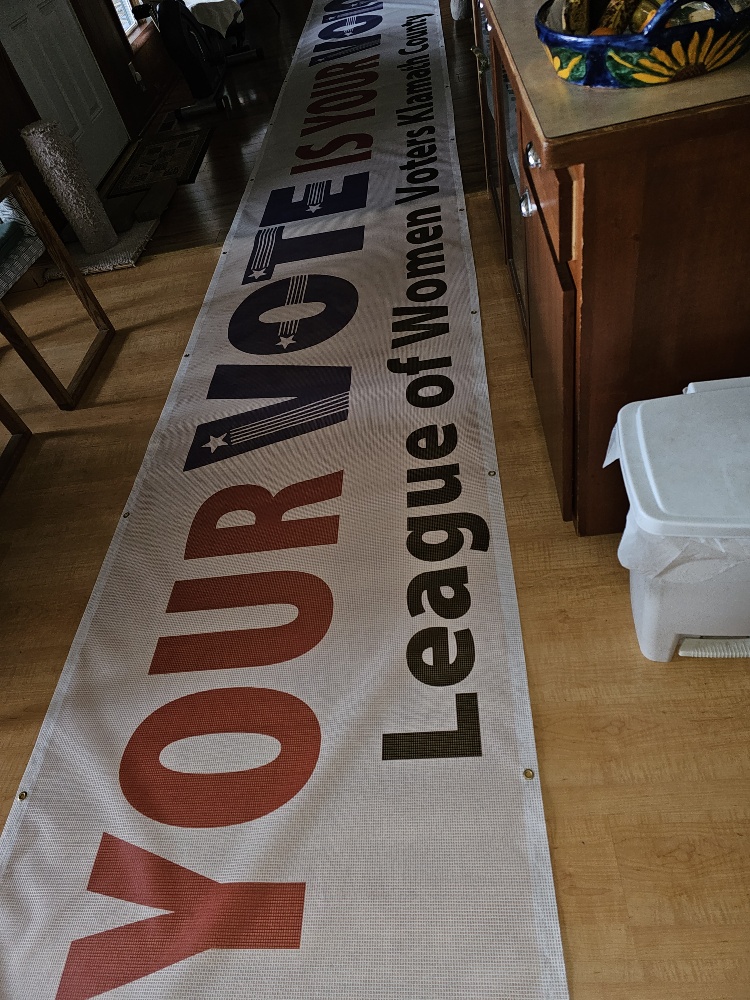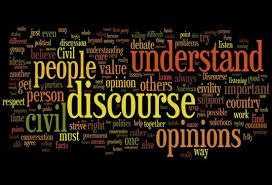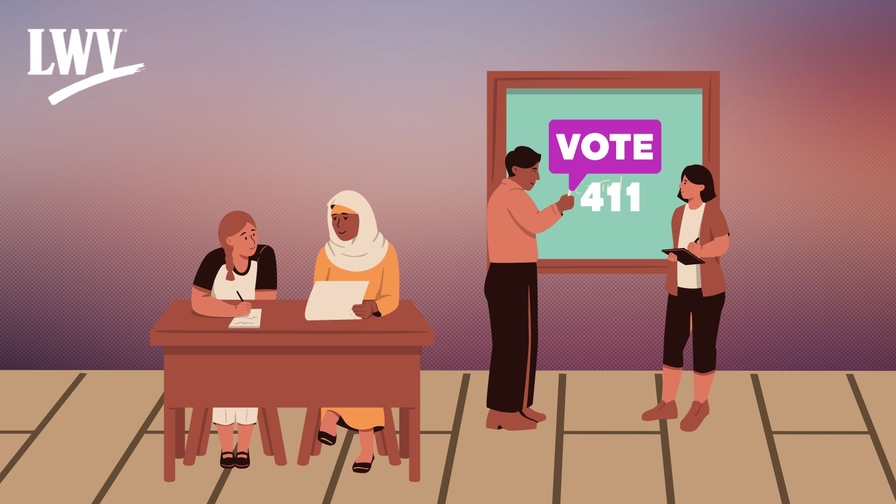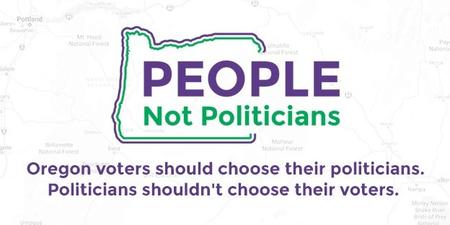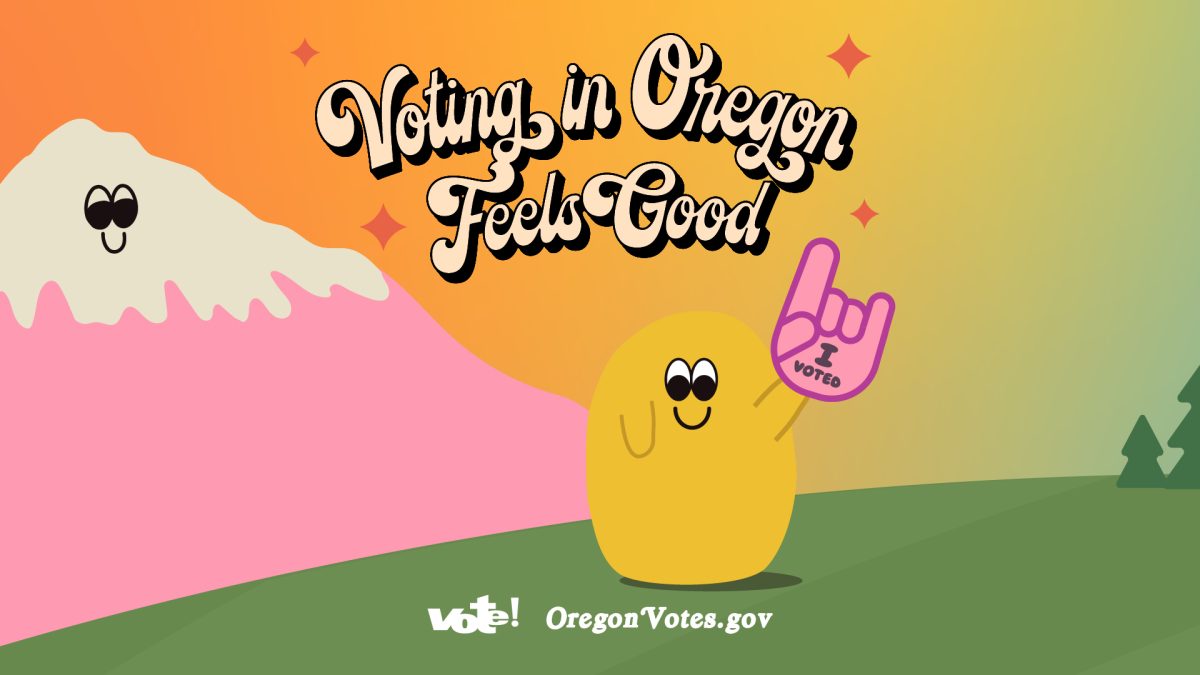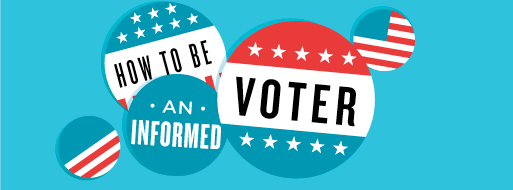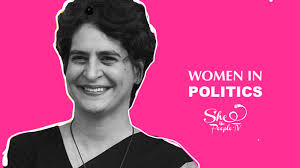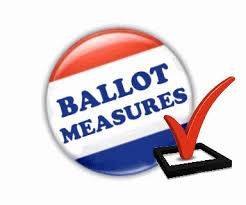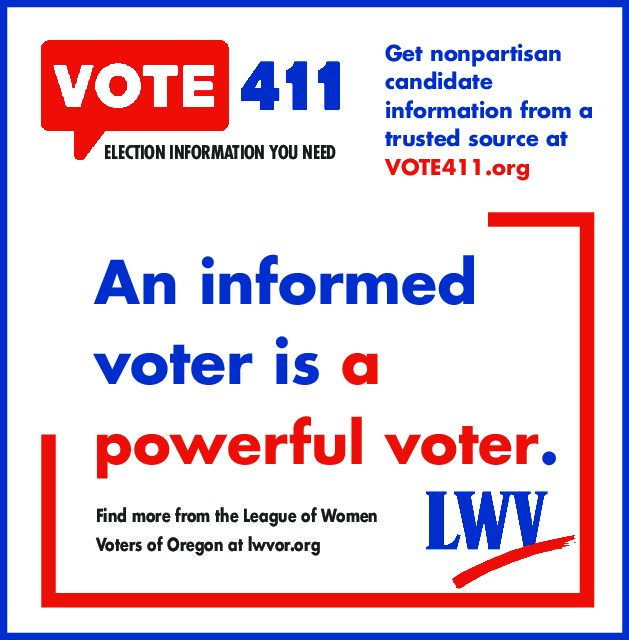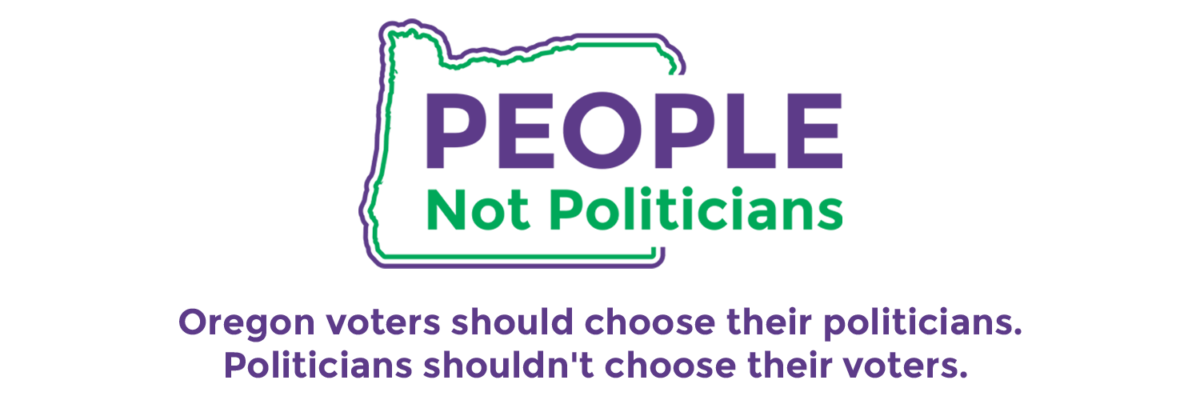Our poster will soon appear across Main Street for two weeks!
The League of Women Voters focus on citizenship.
From the LWV US:
The leaders we elect make decisions that affect our daily lives. Elections are our chance to stand up for what matters most to us and to have an impact on the issues that affect us, our communities, our families and our future.
Increased accessibility to the electoral process is integral to ensuring that every American can exercise their right to vote. Leagues across the United States work year-round to promote pro-voter reforms that both preserve our existing rights and provide flexibility for casting ballots in order to be inclusive of historically underserved communities.
While we have made progress in expanding voter access, many people still face disproportionate challenges to participate in elections due to factors including health, age, race, and gender. Our democracy is strongest when every voice is heard, which is why we strongly advocate for measures to make voting more accessible.
We host hundreds of candidate debates and forums across the country each year and provide straightforward information about candidates and ballot issues. Through print and online resources, including VOTE411.org, we equip voters with essential information about the election process in each state, including polling place hours and locations, ballot information, early or absentee voting rules, voter registration deadlines, ID requirements and more.
The LWV of Minnesota has a good page of information about civil discourse.
new lwv oregon initiative: “think before you ink”
Here’s more that the LWV Oregon is doing to protect our elections:
https://www.lwvor.org/think-before-you-ink
ONLY SIGN PETITIONS YOU SUPPORT!
Never sign a petition “just to get it on the ballot so people can vote on it.” Just as voting in primaries has more impact than voting in general elections, signing petitions has more impact than ballot measure voting.
Our board members took this flyer into classrooms (see below) when we recently visited.
What LWV Klamath County is doing
We support informed voters, voting, and good citizenship. Part of those include civil discourse, the ability of citizens to disagree respectfully, and still come to agreements on important issues. Towards that end, several members of the LWV Klamath County Board have been visiting high school classes this Spring to speak about civics and citizenship. They developed a 45-minute presentation and hand out materials for both teachers and students.
These are some of the resources we offer to teachers:
LWV of Oregon – Civics Education Curriculum, a Guide to Student Civic Engagement https://www.lwvor.org/mock-election
LWV Washington – Chapter 11: What it Takes to Be a Good Citizen
LWV San Luis Obispo – Civil Discourse Study, 2014, comprehensive one-year study, brochure, checklist, presentation guide, etc. (see pp. 5-8)
LWV San Diego – “Putting Civility into Action,” 2011-12, League interest group and community presentations.
LWV Washington – “Civility in Our Democracy Program,” 2012-2013
LWV California, Suggestions for Engaging and Empowering
This is what students receive:
WHAT DOES IT TAKE TO BE A GOOD CITIZEN
Being a good citizen requires striving to develop certain habits of mind and ways of living. To live in an open, democratic society, we have to accept that not everyone will share our beliefs.
We don’t always agree. We are not all alike. That’s OK. Have the courage to change what you can, the serenity to accept what you cannot change, and the wisdom to know the difference.
Letting go of winning does not work for sports, BUT, democracy is NOT a sport with winners and losers. We all lose when we can’t find a solution we can live with.
So what contributes to being a good citizen?
- Try to be a person of good character. Respect yourself and others.
- Love to learn.
- Learn about science and technology.
- Don’t feel like you have to know everything.
- Get to know your neighbors.
- Spend time with people who are different from you. Learn from them.
- Know your rights and stand up for them.
- Participate in the life of your community. Join interest groups.
- Think about the common good as well as individual liberty.
- Lean toward optimism.
- Think of yourself as a powerful person. Your vote elects a president who has an impact on the whole world, not just Americans. This is an important responsibility.
- Question authority. In fact, question everything.
- Don’t waste time hating “government”. Complaining about it doesn’t change it. Use your vote to elect leaders who will steer the country in a positive direction.
- Keep the faith in democracy. If we stop believing in it, democracy dies.
Together, we have made A LOT of progress since 1776, from outlawing slavery to extending voting rights to every citizen to becoming one of the most powerful countries on planet Earth.
Charles Schulz, creator of Snoopy said: “I believe that our greatest strength lies always in the protection of our smallest minorities.”
Here are some excellent words of advice from a Common Dreams article (March 6, 2016) by Zoe Weil, entitled “Civil Discourse Leads to Positive Change: Insults Do Not.”
“Ironically, it is when we are not competing to be “right” that we are most likely to have our perspectives adopted by others. Civil discourse isn’t just a better path for living and working together peacefully; it is a better path strategically if we want our ideas to be thoughtfully considered and potentially embraced by others.
If you’re really angry and desperately want positive change, then civil discourse is your best path forward. Venting your anger publicly isn’t only counterproductive, it’s also selfish. It doesn’t serve your greater goal; it only serves your most frustrated self. And given all the terrible, destructive, dangerous things that are happening in our society and the world, we need to harness the energy of our rage for positive purposes and meaningful change.
Civil discourse is a practice. It requires deep commitment (and deep breaths). But it works better than anything else to create the foundation for collaboration toward positive change-making that meets the needs of all stakeholders.”
